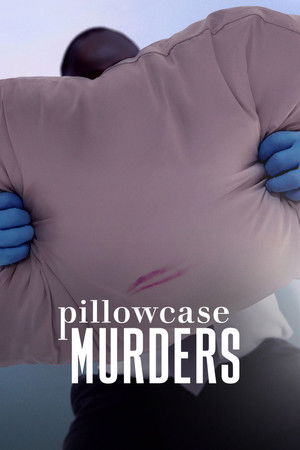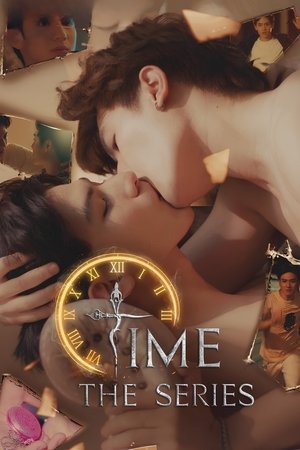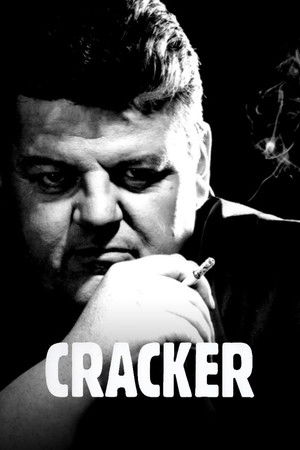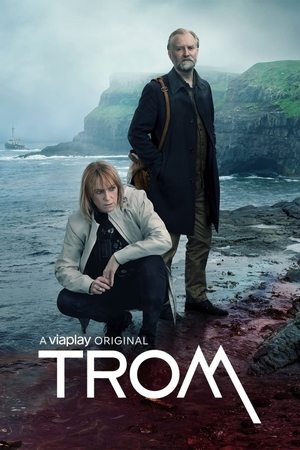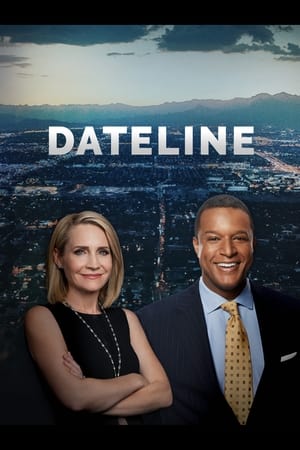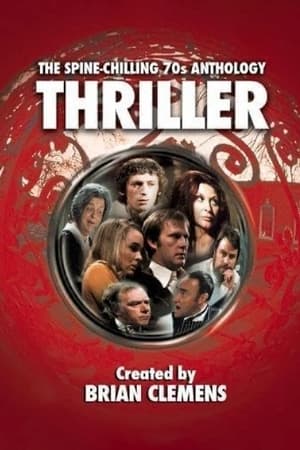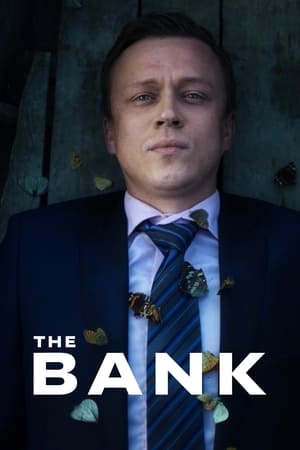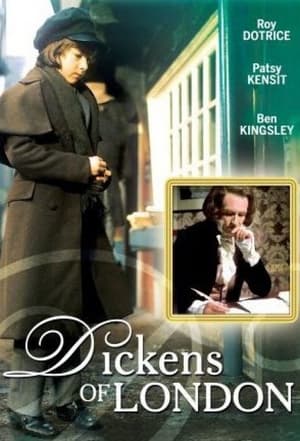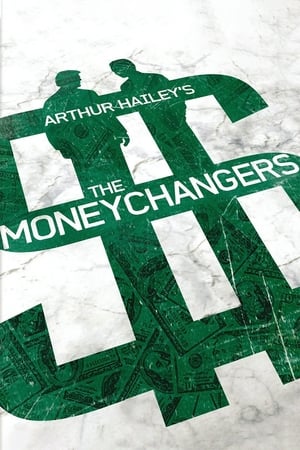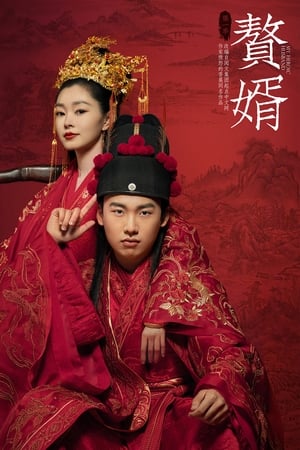Overview
Environmental activist Emma Craven is murdered in front of her father, local police inspector Ronald Craven. Investigating the death leads him through a haunting revelation of the murkiness of British nuclear policy of the 1980s.
Reviews
.
There weren’t many things on television that got all four of us watching in our house, but as this gripping thriller gathered pace over six weeks, it was certainly one of those few. It all starts when policemen “Craven” (Bob Peck) takes his daughter (Joanne Whalley) home only for her to be gunned down in the drive. Desolate, he is convinced that this was an attempt on his own life that went wrong, but shortly after the dust has settled he is approached by the enigmatic government man “Templeton” (Charles Kay) who suggests that perhaps she was the right target after all. Why? Well it seems she was quite the activist and had been part of a group who had infiltrated a nuclear research facility deep in the nearby disused Yorkshire mines and discovered something as dangerous and lucrative as it was illicit. After a while, he is paired up with CIA man “Jedburgh” (Joe Don Baker) who has his own take on what went on, what is going on and what might well occur if these two men don’t get to the bottom of an internecine and duplicitous network of people at the heart of business and the defence establishment. I thought Troy Kennedy Martin’s story and writing here coupled with a solid effort from Peck really did build intriguingly into a fairly savage critique on the recklessness of British, and maybe even global, nuclear policy in the 1980s. Kay and Ian McNeice’s lawyer “Harcourt” also contribute well as the manifestation of a state inured in an almost paranoid state of corruption and fear and both the intimate, often dimly lit, photography and an effective sense of menace build well towards it’s complex and distinctly plausible denouement. I may be in the minority, but I didn’t love the Eric Clapton score, especially as the story advanced and it began to overpower a bit, but that’s nit-picking. Both Peck and JDB present with compelling characterisations, the latter with a degree of dark humour and a certain untrustworthiness, and by the end I did wonder if anyone in authority here is capable of understand let alone telling the truth. Or, did I actually want them to? This is the BBC at it’s best, and is well worth a binge-watch.

 English
English
 8.1
8.1
 1985
1985
 United Kingdom
United Kingdom
 CaseyReese wrote:
CaseyReese wrote:
